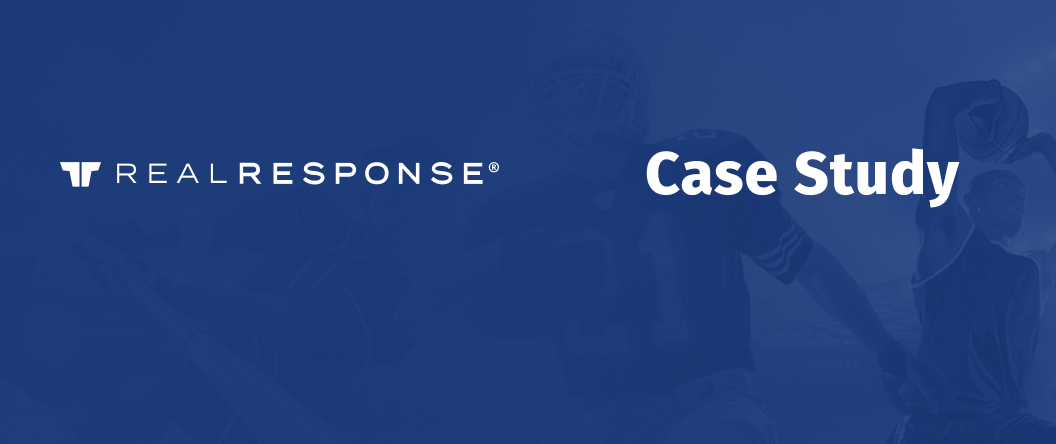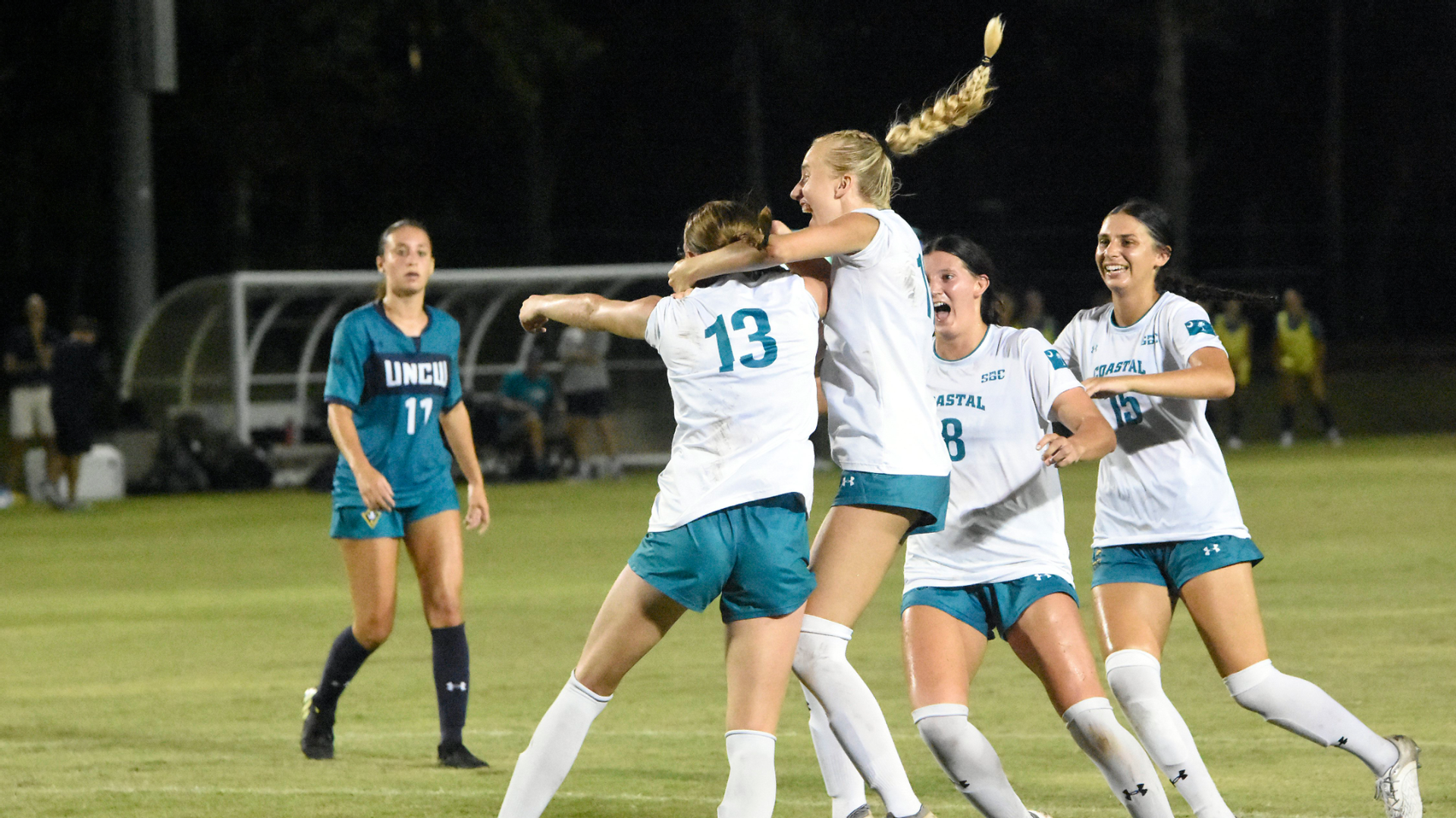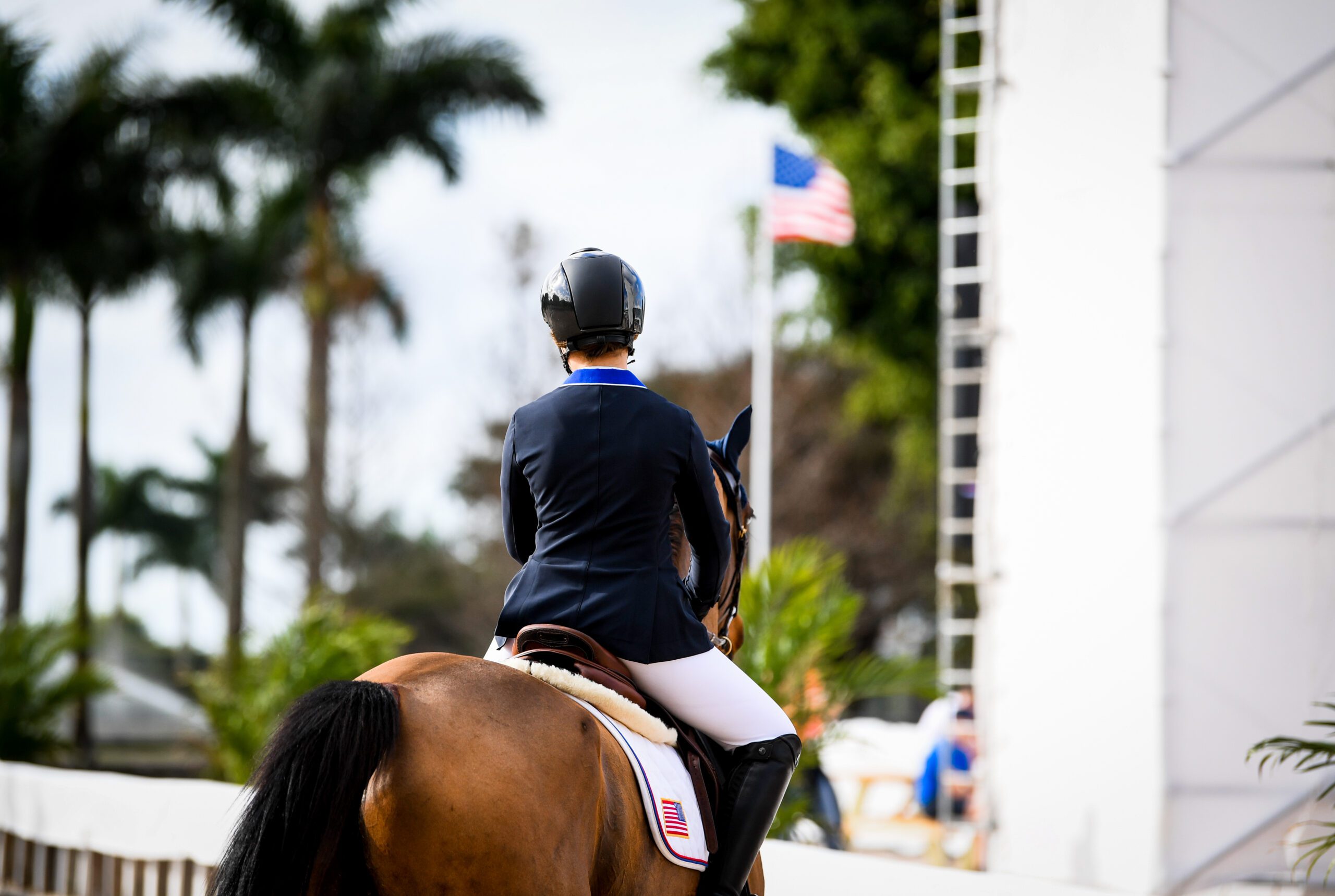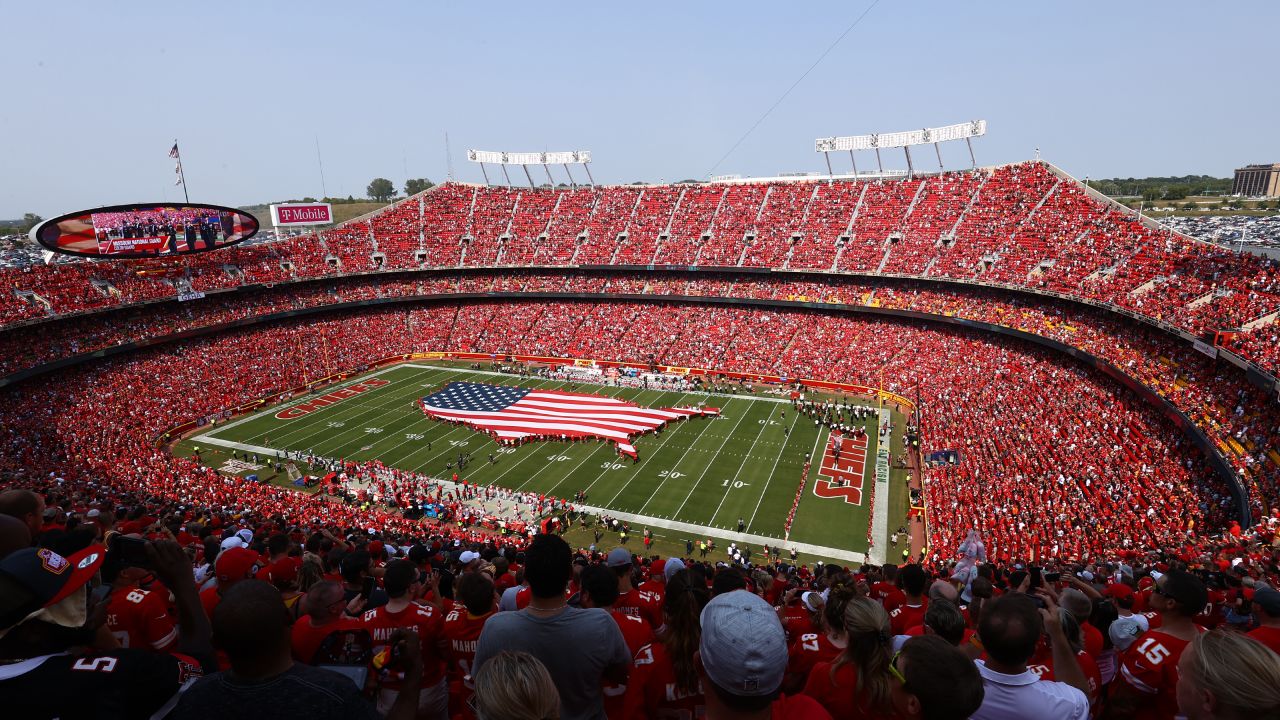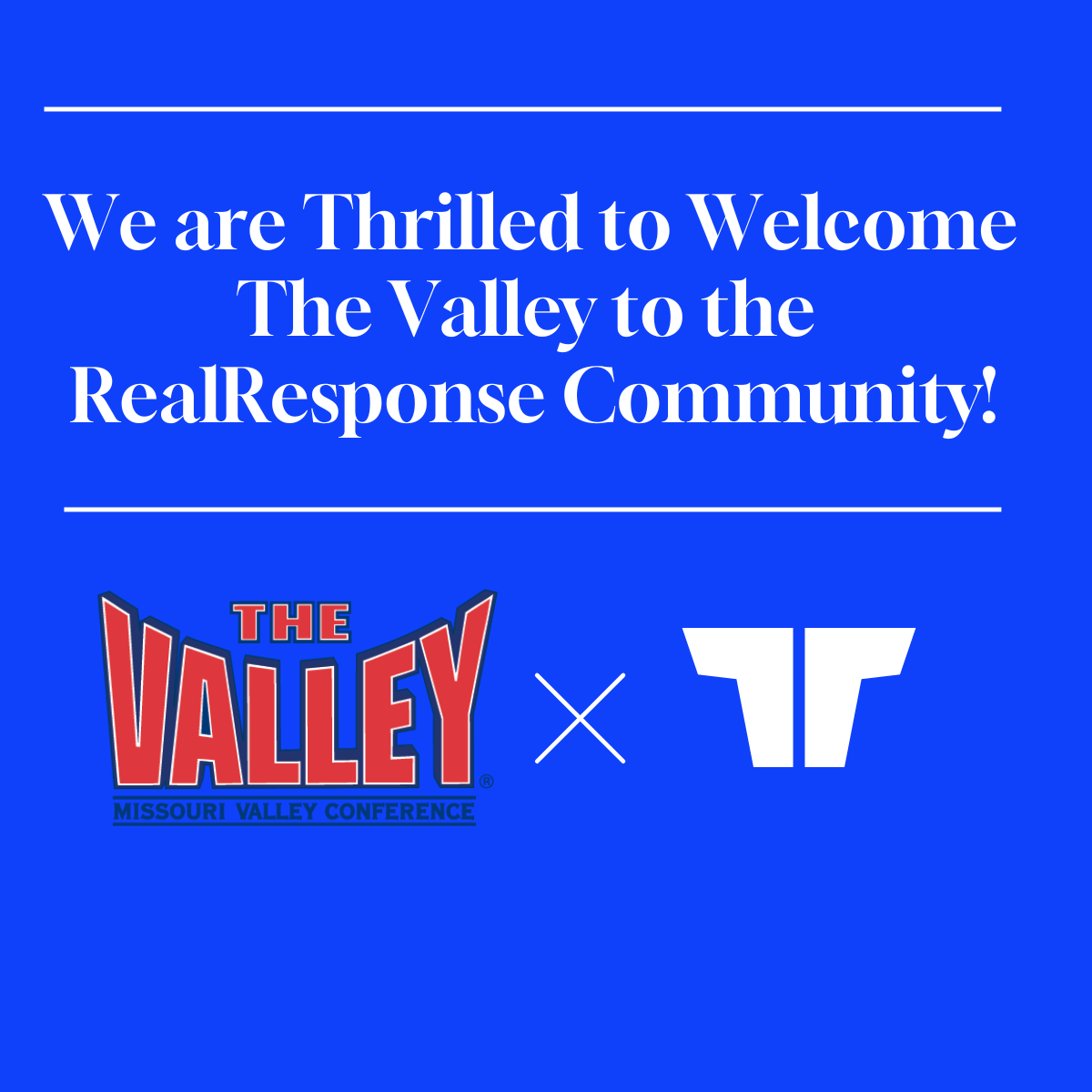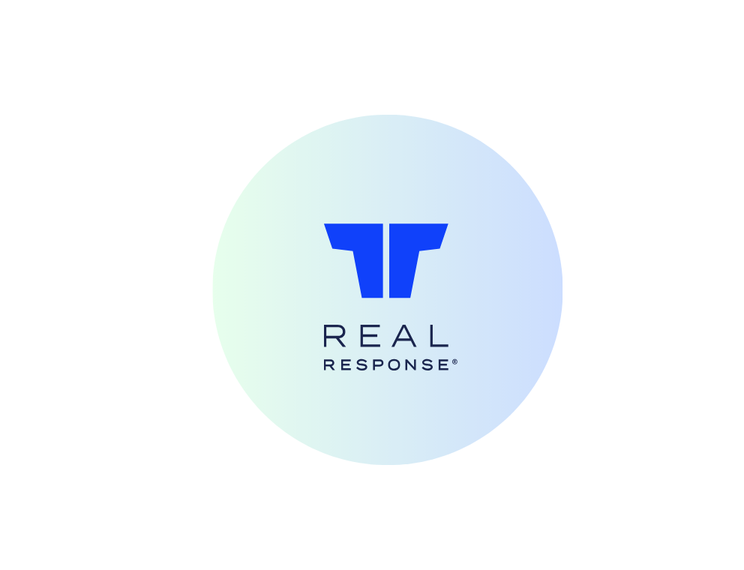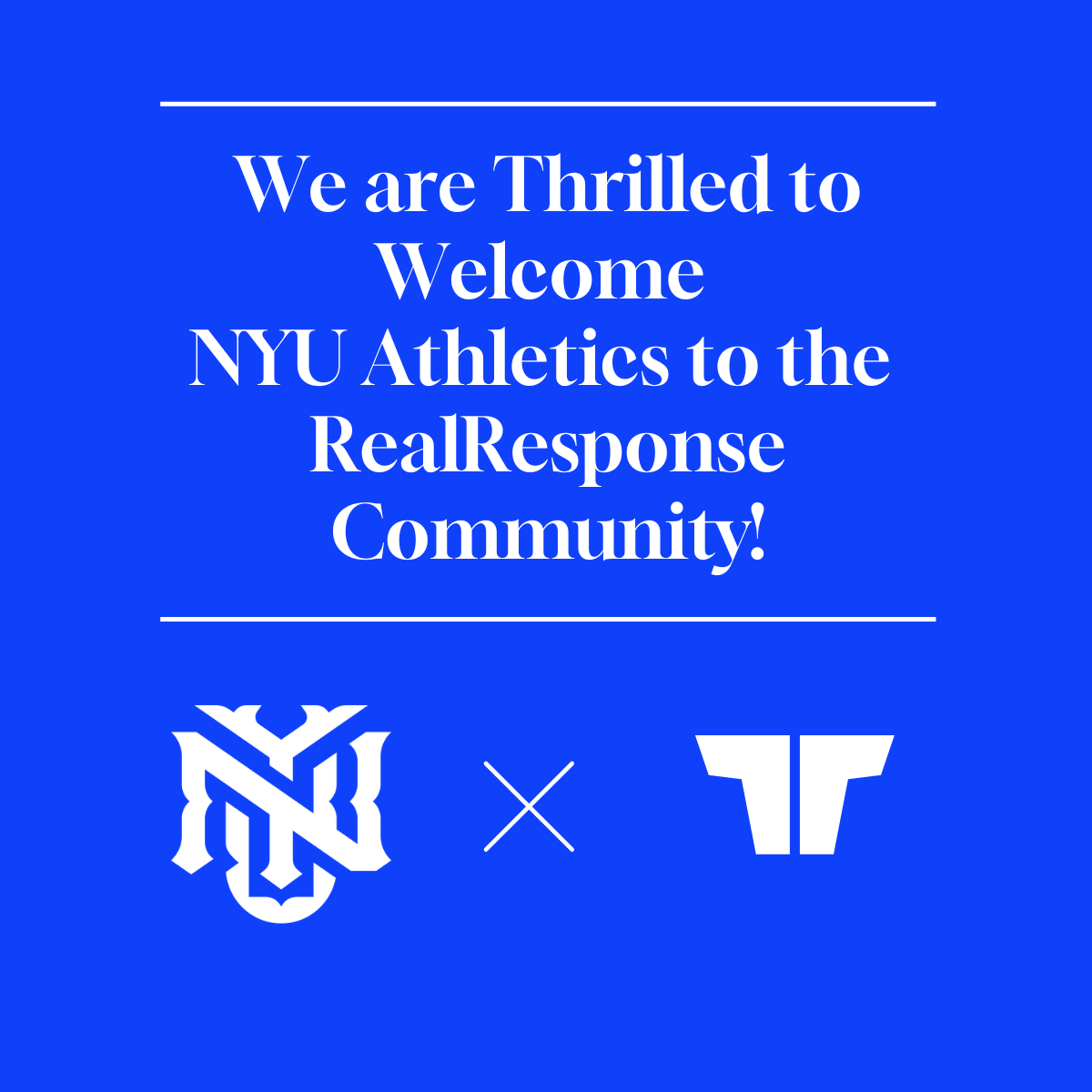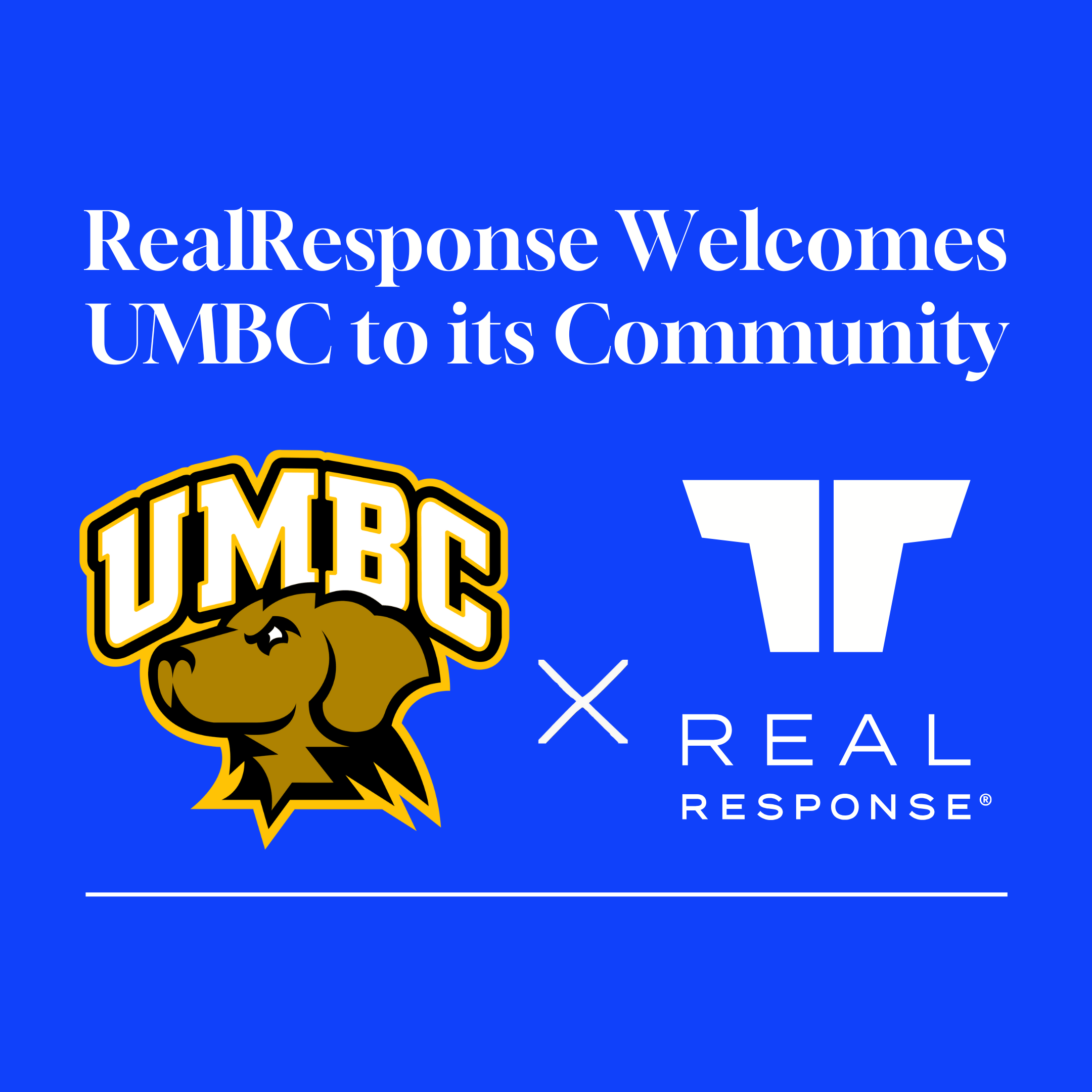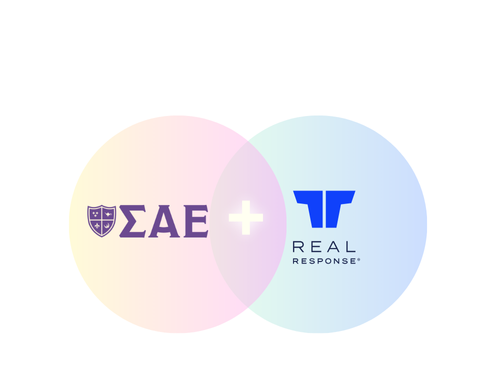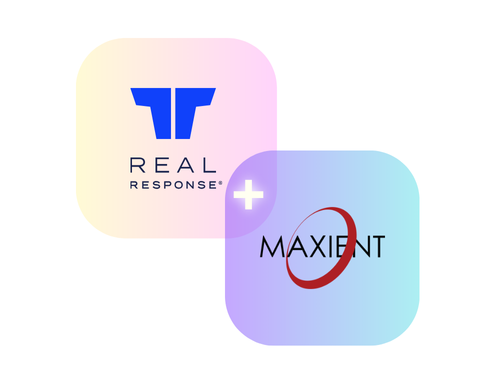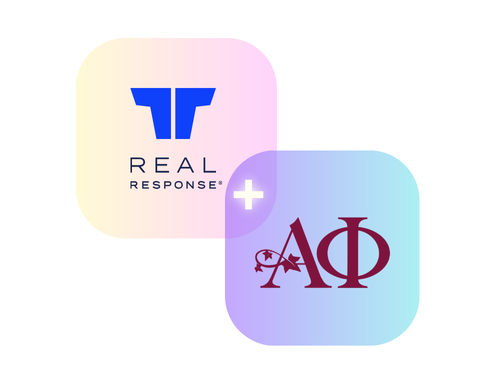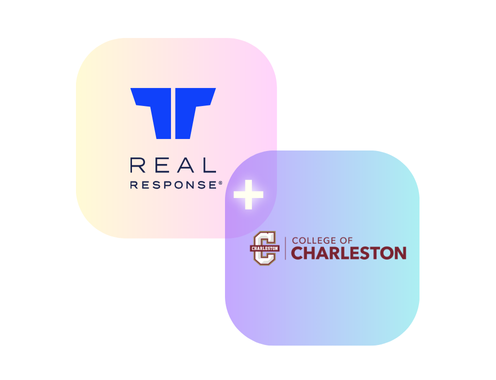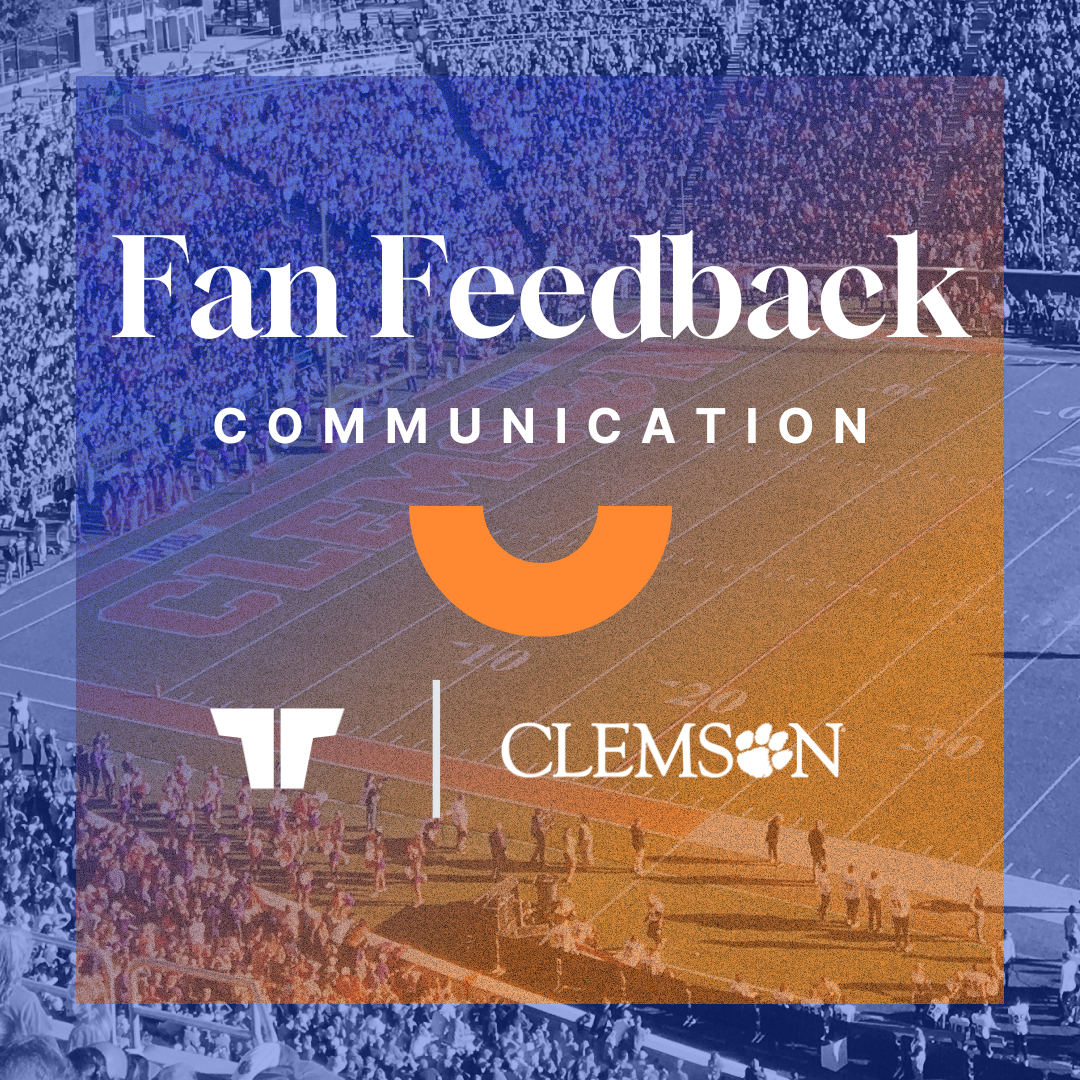Uncertain times dictated new strategic measures
During the summer of 2020, much remained unknown about COVID-19 — from how the virus was transmitted to how universities would need to respond. Athletics Departments were among the first who needed to determine what the pandemic would mean to college sports, since many student-athletes would be returning to school early to begin training.
As campuses worked quickly to put social-distancing practices in place, student-athletes had many questions that needed answering for them to feel safe. That’s why a Division I school decided to use the RealResponse’s Anonymous Real-Time Reporting platform to provide athletes with a channel for expressing their concerns and asking questions anonymously.
Opening the lines of communication
The university had already been using Anonymous Real-Time Reporting as a tool for student-athletes to anonymously report serious concerns — such as misconduct, sexual assault and hazing — and for administrators to investigate and connect students with the help they needed (such as mental health counselors).
Once COVID-19 emerged in the Spring, 50% of all the university’s anonymous student-athlete messages submitted through the platform were in response to the pandemic, whether it be questions, feedback, or concerns.
Questions ranged from asking what the difference was between “self-quarantine” and “self-isolation” to expressing concern whether their peers were healthy and following proper health and safety procedures.
RealResponse helped us open up a dialogue between administrators and student-athletes on how we were handling the pandemic and, just as importantly, how student-athletes were feeling about it,” says the Senior Associate Athletic Director of Administration at the university. “The platform gave us visibility into what we were communicating well and what we needed to improve.
A phased approach
The university decided to first roll out its COVID communication strategy with a testing pool of two early-returning teams, Football and Women’s Soccer. They were then able to test their first communication strategy within July and August before bringing back the remainder of the teams in the next month. By the time August concluded, the Student-Athletes had shared a lot of messages, concerns, and questions about the protocols that were in place, helping this Athletic Program realize a need for a more thorough communication strategy amidst these confusing times, before they brought back all teams to campus.
The Athletics Department administrators and staff were able to evaluate their approach with the feedback collected through RealResponse, and then reconfigure to best meet the needs of their student-athletes.
One of the things we recognized early, based on the feedback through RealResponse was that we weren’t clearly communicating the protocols and COVID containment strategies we were putting in place,” continues the Senior Associate AD. “Working with smaller pods of student-athletes enabled us to refine our communications plan and more clearly articulate our expectations through a new method before inviting other teams back to training.
The schools changed their COVID-19 team meeting structures (previously were meeting just with student-athletes to explain the changes) to a three pronged approach to meet first with coaches, next with the coaches and their student-athletes, and then finally a zoom meeting with student-athletes and their parents. A lot of the challenges they faced were with misunderstandings around protocols, self isolation protocols, quarantining. Their improved strategy (based on feedback provided anonymously through RealResponse) allowed them to directly communicate all protocols multiple times to the key parties and ensure understanding.
In addition to potentially averting further inadvertent spreading of the virus, this approach also provided student-athletes and their families with peace of mind. It reassured them that campus leaders put their safety and well-being first, and that athletes would have an anonymous communications channel to use if and when they had concerns.
With Anonymous Real-Time Reporting, the university has built a strong foundation for strengthening relationships between student-athletes and administrators. Administrators are now better equipped to identify and respond to issues quickly, keep athletes and staff safe, and keep the lines of communication open.
